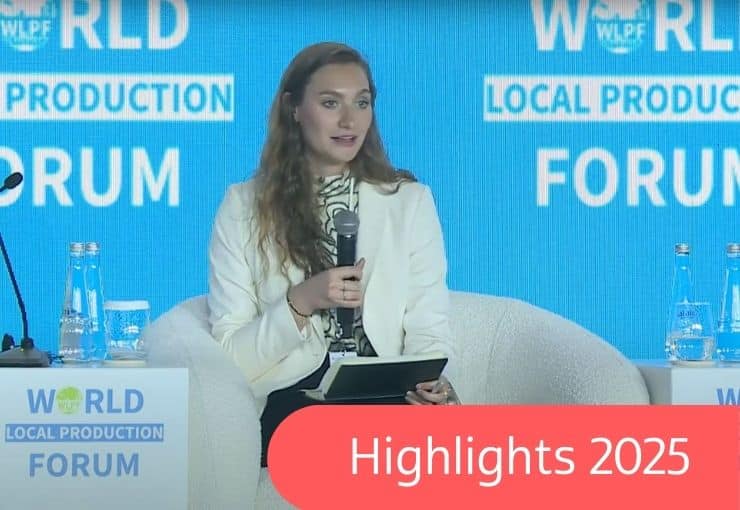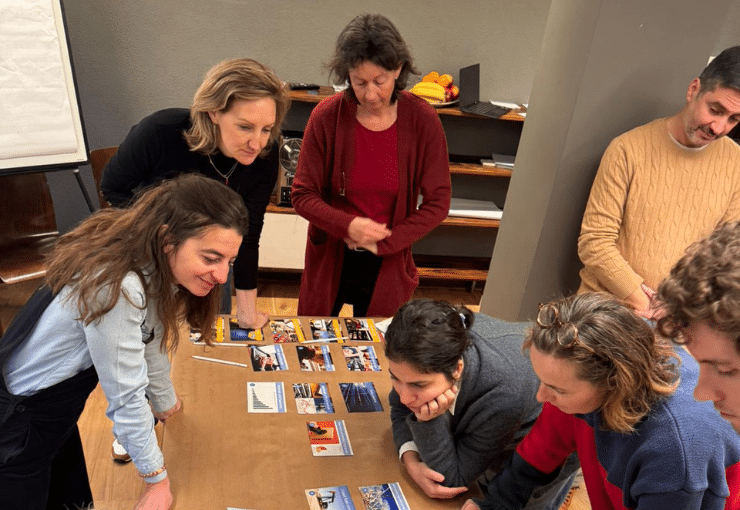Today, Foreign Trade & Development Minister Klever published her long-awaited policy letter. In it, she sets out how she will flesh out her portfolio and the hefty cuts – rising to €2.4 billion from 2027. Although the minister claims to put the Netherlands’ interests first on every page, this policy mainly threatens the progress we have achieved in recent decades, both for (vulnerable) people elsewhere and for our own position and reputation as a reliable (trade) partner.
The Netherlands first
The heaviest cuts affect women’s rights, gender equality and education – these will eventually disappear completely from policy. Budgets for climate, civil society and multilateral cooperation also shrink drastically.
Three Dutch interests are central to the policy letter: trade and economy, security and stability, and migration. Programmes and diplomatic efforts on water management, food security and health should support these interests. Although trade interests were already beginning to weigh more heavily in earlier policies, this huge emphasis on self-interest is unprecedented. It goes against the very spirit of development cooperation that encourages progress for the poorest and most vulnerable people in the world.
In the current international (geo)political context, it is highly unlikely to benefit the Netherlands. Multilateral cooperation is under heavy pressure, geopolitical tensions are mounting and the US decision to abruptly dismantle USAID punches a huge hole in current international programmes. International instability and breakdown of decades of progress in poverty reduction, gender equality, women’s rights and democratisation lurk and threaten the lives of people worldwide.
Global health
Fortunately, the minister does recognize the importance of global health. She says she will keep the Dutch Global Health Strategy as a guideline in this respect. Wemos – together with other Dutch organizations – has campaigned for this strategy for years and supports the priorities from the strategy. Quite rightly, attention continues to be paid to the health – including sexual and reproductive health and rights – of women, girls and vulnerable groups. Pandemic prevention is also included in the policy letter.
The minister intends to join forces – also in the field of health – with multilateral organisations In our view, this is essential. Thanks in part to Dutch contributions to global health funds (including GAVI, the Global Fund and the Global Financing Facility) and the WHO, tens of millions of people in low- and middle-income countries worldwide now have access to malaria nets and HIV medication, and children can be vaccinated against common childhood diseases.
Role of civil society organisations
Civil society organizations play an important role in the effective implementation of health programmes. They can link local problems and global policy like no other and have knowledge and insights to steer towards democratic, sustainable solutions. The minister wants to cut budget for civil society organizations, but should realize the role they play in implementing Dutch policy.
Moreover, civil society organizations can now structurally address underlying causes of problems through policy influence. By doing so, they encourage better frameworks and policies that also strengthen service delivery. Under the new policy, this will no longer be possible.
Boomerang effect
If the minister really wants to serve the Netherlands‘ interests, she had better do justice to the Netherlands’ reputation as a champion of human rights and reliable trading partner. This has greatly strengthened our international position. The unprecedented global challenges we face call for international cooperation and solidarity. Commitment to a short-term ‘own country first’ policy, as advocated by the minister, may well come back like a boomerang.




